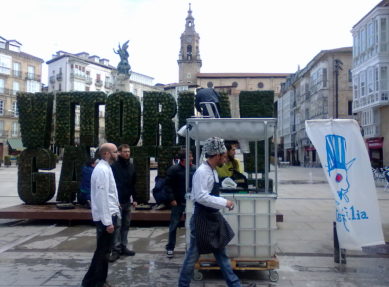

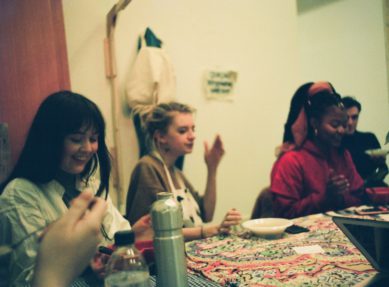
Socialising Outside University Prescriptions
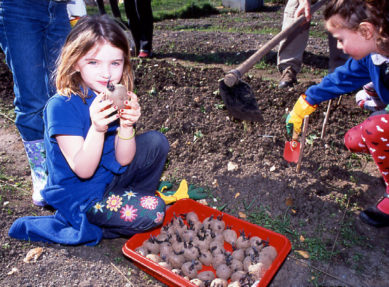
Feast
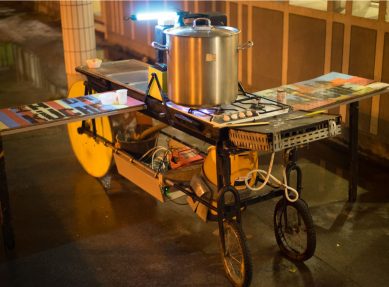
IN DA KüCHE
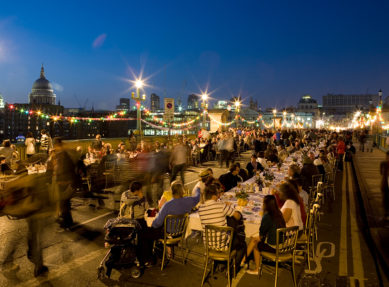
Feast on the Bridge
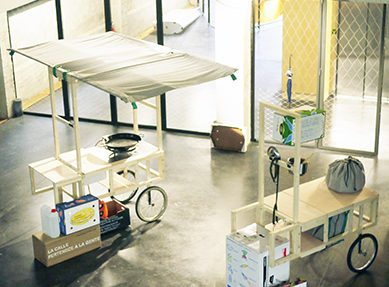
#Agronautas Carritos Callejeros
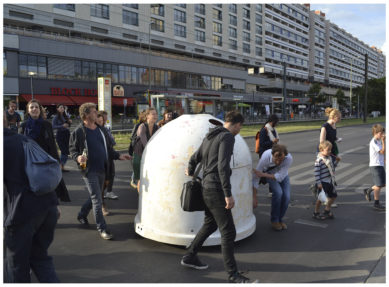
Food Dialogue
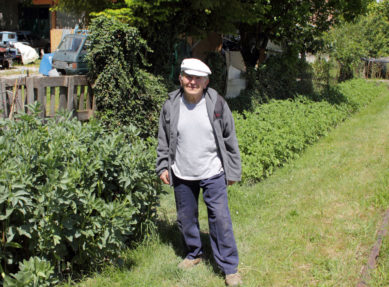
Occupied fields
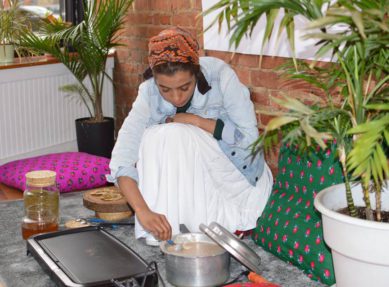
Mom's Bread
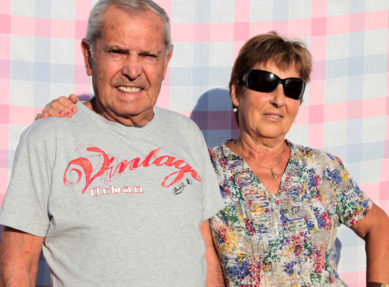
Mantel Urbano para un Picnic Vecinal
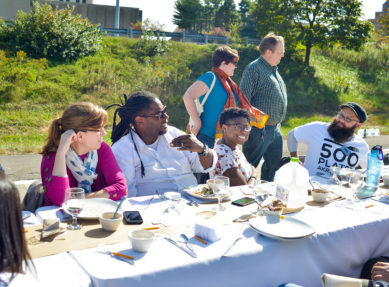
500 Plates
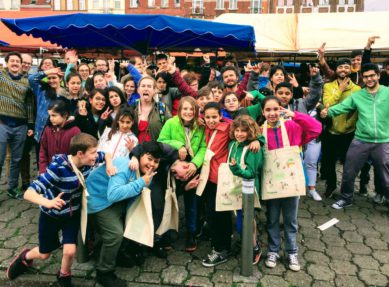
KOOKMET
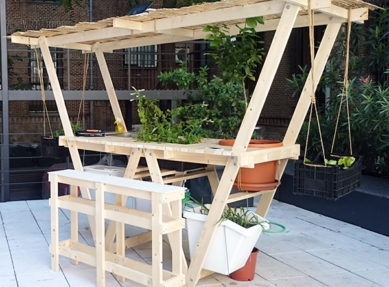
#Agronautas BioticCity
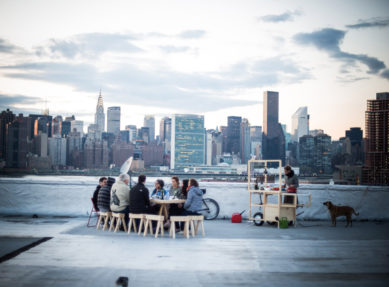
Mobile hospitality
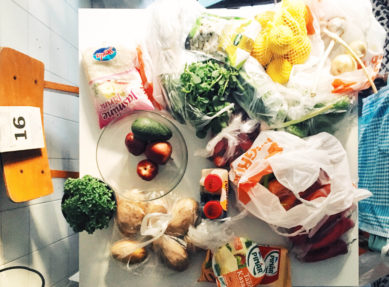
Open Dinner {eettafel}
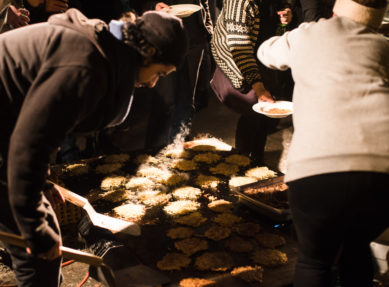
Hasoso
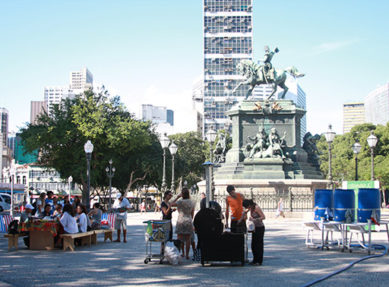
Cozinha Coletiva
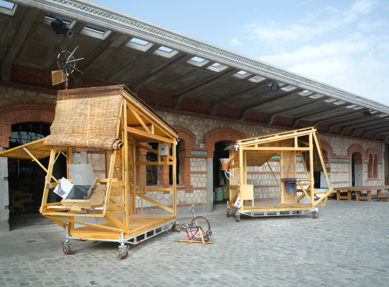
#Agronautas Agroestación Matadero
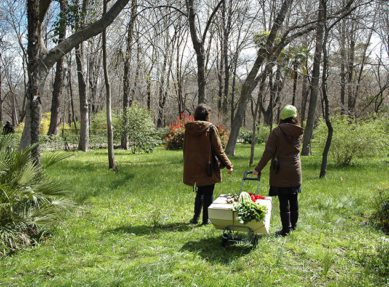
#Agronautas Agrodomésticos a la Calle!
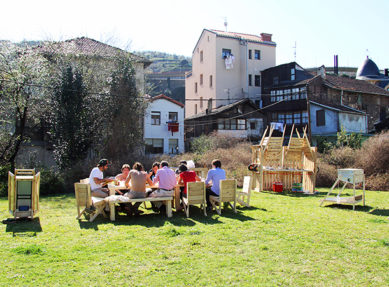
#Agronautas Agrococina
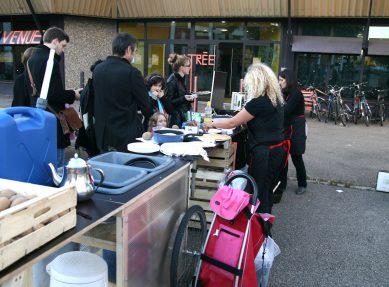
Cuisine itinérante à Hautepierre
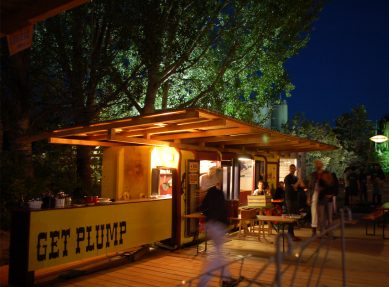
FAT-TEN’U FOODS
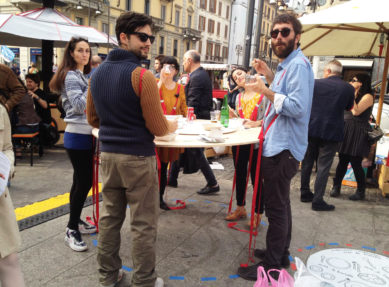
2πr
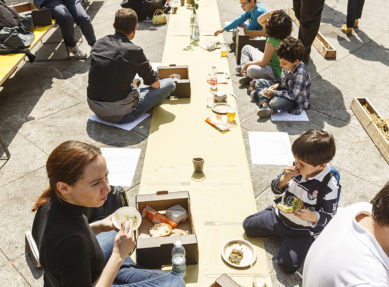
CULT
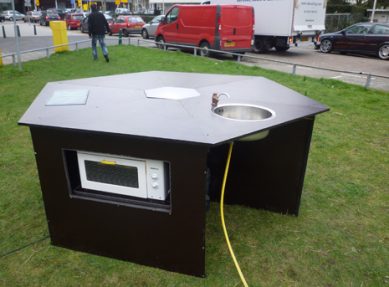
COMMUNAL BAKERY
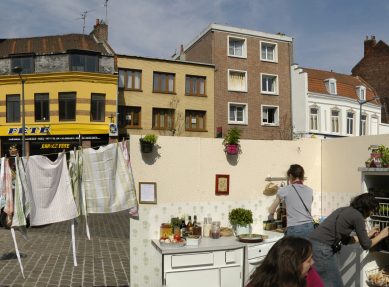
Sur place ou à emporter
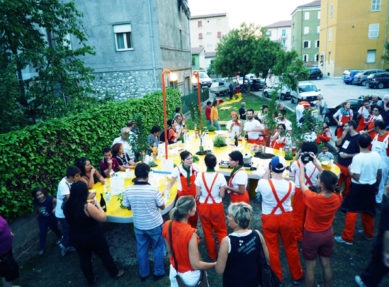
Cooking Garden
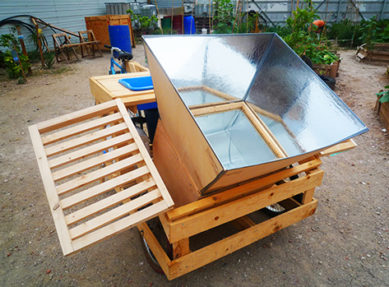
#Agronautas Ciclo-Remolques equipados
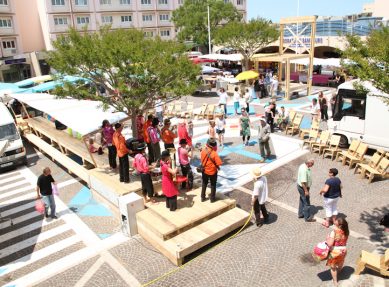
Made in Vitrolles
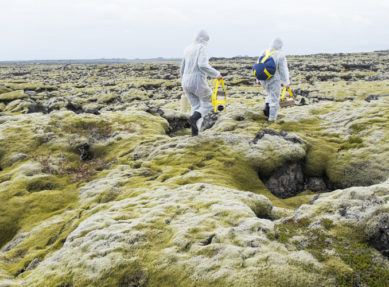
#Agronautas RUrban Station Reykjavik
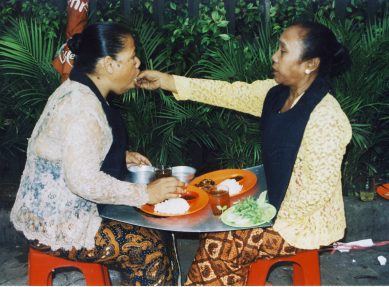
I Eat You Eat Me
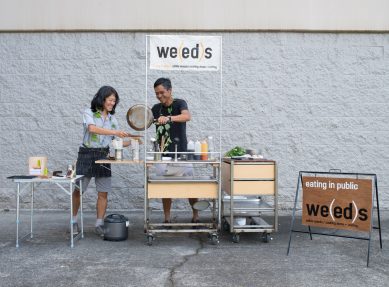
WE(ED)S
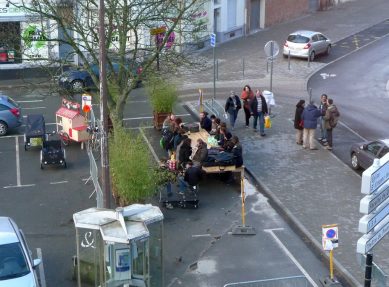
Les Banquets Publics
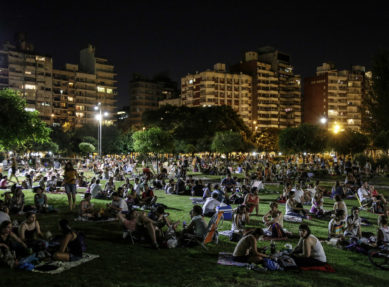
Night picnics in Rosario
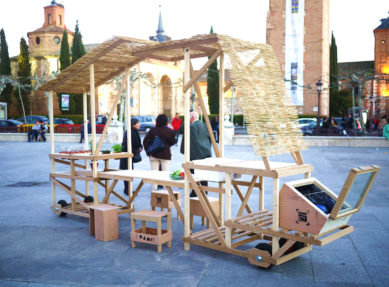
#Agronautas Comedor Móvil – UAH Alcalá
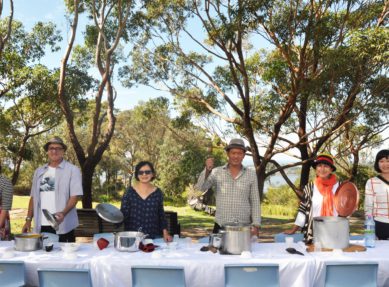
Soup
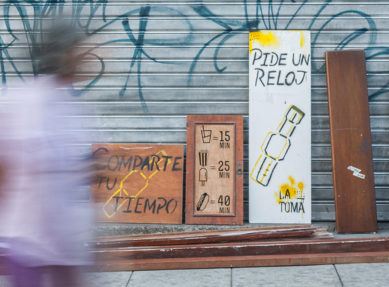
LA TOMA
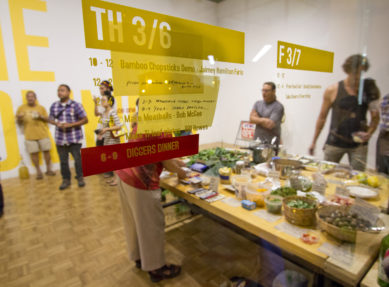
Diggers Dinners
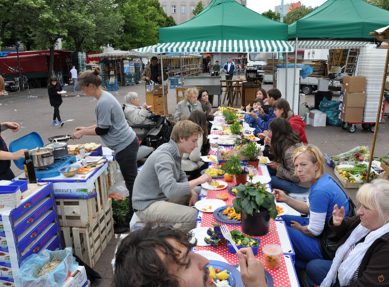
Gefundenes Fressen
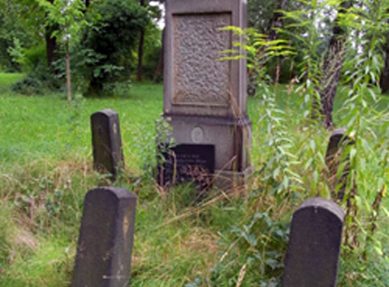
Gottesacker
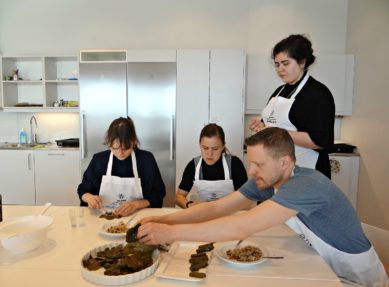
theEATproject
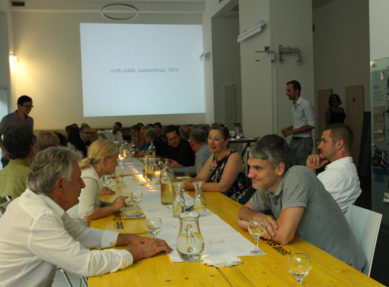
Dinner Dedicated to the White Dove
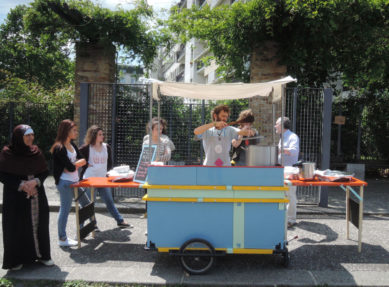
La cuisine des fougères
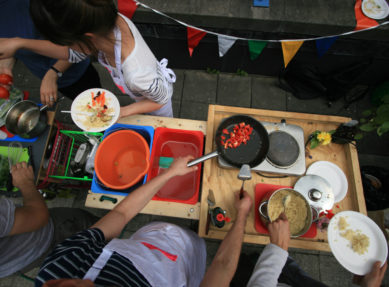
cocook
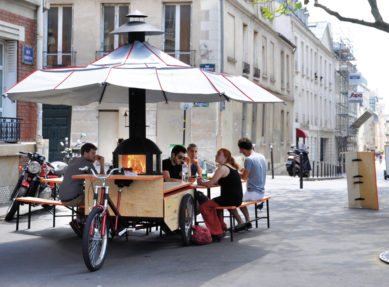


Socialising Outside University Prescriptions
So why S.O.U.P? what makes students dedicate their time to operating a dodgy hotplate and chopping vegetables? CSM’s new campus at King’s Cross places students as cultural producers at the heart of building a new piece of city, developed by urban planners fuelled by neoliberal agendas the building offers a learning space in which you can’t make coffee but you can buy one. Against these conditions, how are our practices and modes of being shaped and changed?
Our art studios exist as a centre point of contestation and negotiation in the lived experience of the students, but we ask, what should these spaces be? A protected space of imagination and experimentation or simulated preparations for the conditions outside that encourage students into their learned paths of competition and independent working, perpetuating the isolations of society. Recognising the value of cross course, cross year interaction and conversation when sharing a meal, cooking and sharing vegetarian S.O.U.P every Friday is an opportunity to explore collaborative methodologies for the reimagining and potential reinventing of our environment and education. Through offering an alternative and in many ways better way for the student body to access a key resource, that of nourishment; we reject the disempowerment and loss of autonomy the institution offers and open up an exploration in parallel to it; a space to begin to navigate the potential effect we can have acting as a collective entity.
In taking the offer of donation based soup participants and facilitators partake in an alternative economy and learn through experience the benefits of collectivising and acting in resistance. S.O.U.P is a form of localised activism, a project that recognises a problem in the art school environment and takes collective ownership of finding a solution, in this positivity and genuine use value it holds the potential to act as a starting point for a renewed, reimagined learning environment.
About the team
Socialising Outside University Prescriptions (S.O.U.P) is facilitated by successive generations of 3rd year students participating in the Fine Art BA course at Central Saint Martin’s College of Art & Design, London. Taking place among a uniquely transient community this project of resistance has been sustained across three academic years and countless participants. 2017’s iteration of the project was spearheaded by Georgia Clayton-Jeeves and Daisy Shayler with support and participation from the active studio community. This brought a uniquely feminist perspective and enhanced intentions towards methods of mutual aid and self care to S.O.U.P.
Space typology
Public BuildingIntention
EducatingEnjoyingExchangingExperimentingGatheringReclaimingAction
Cooking foodEating foodServing foodSharing food